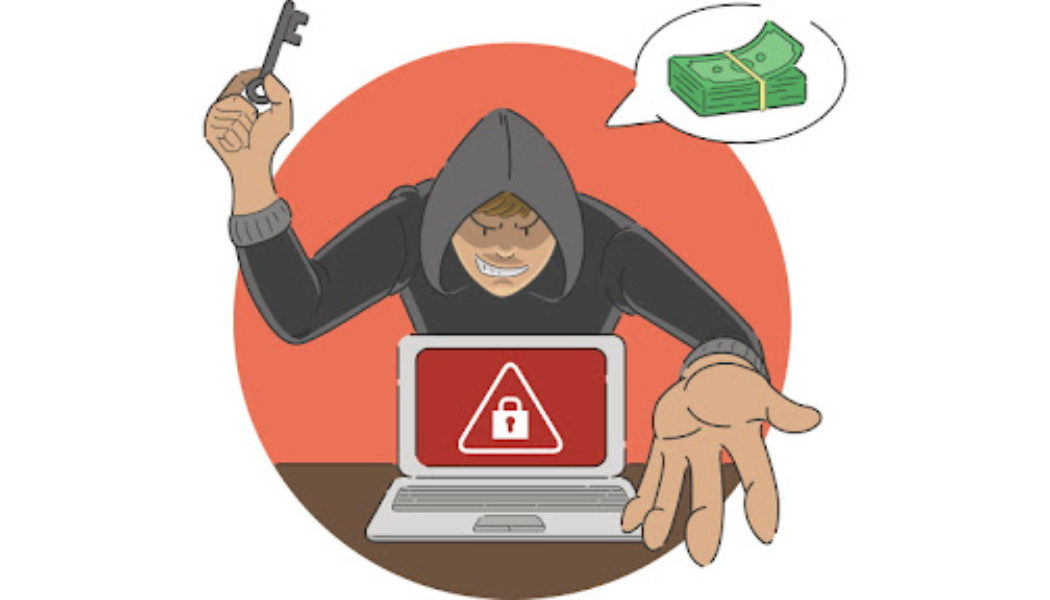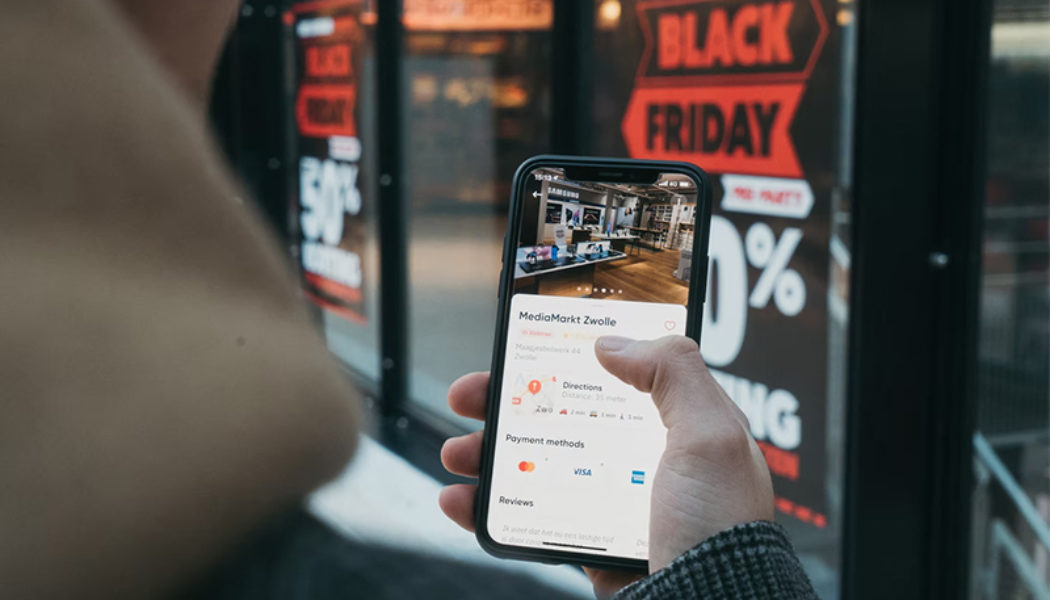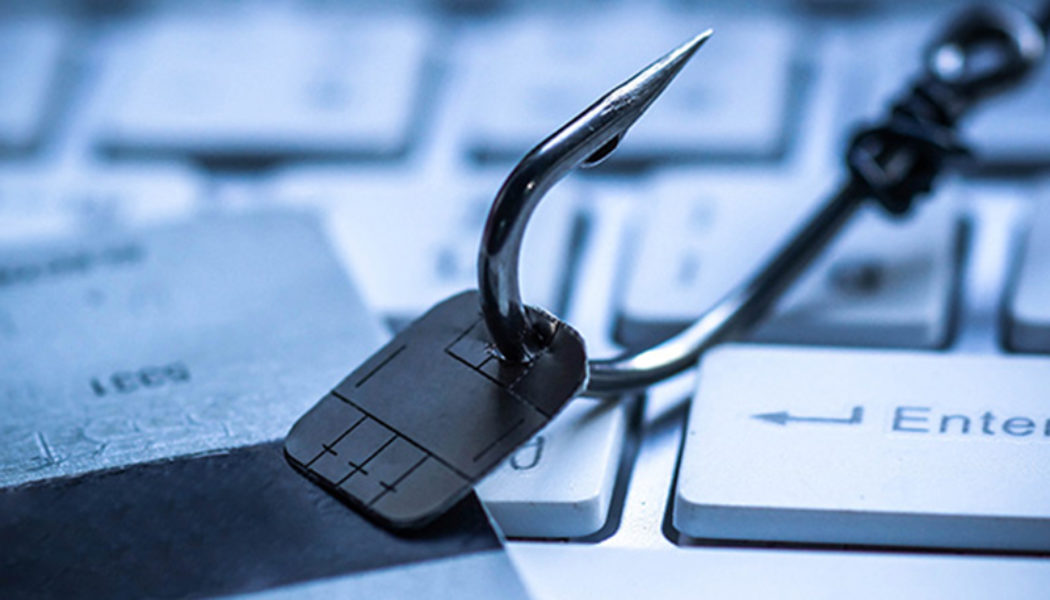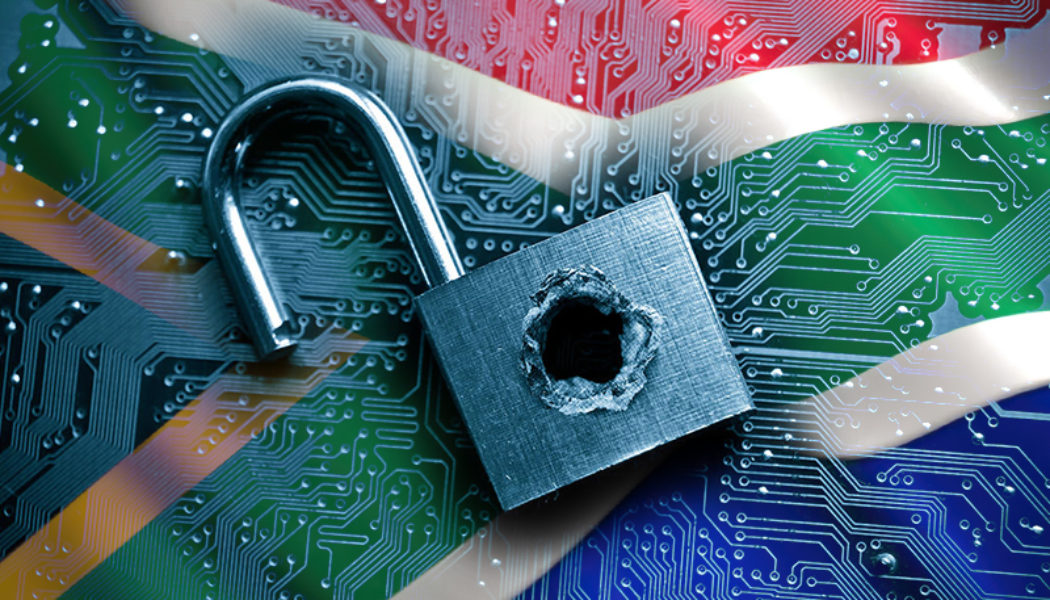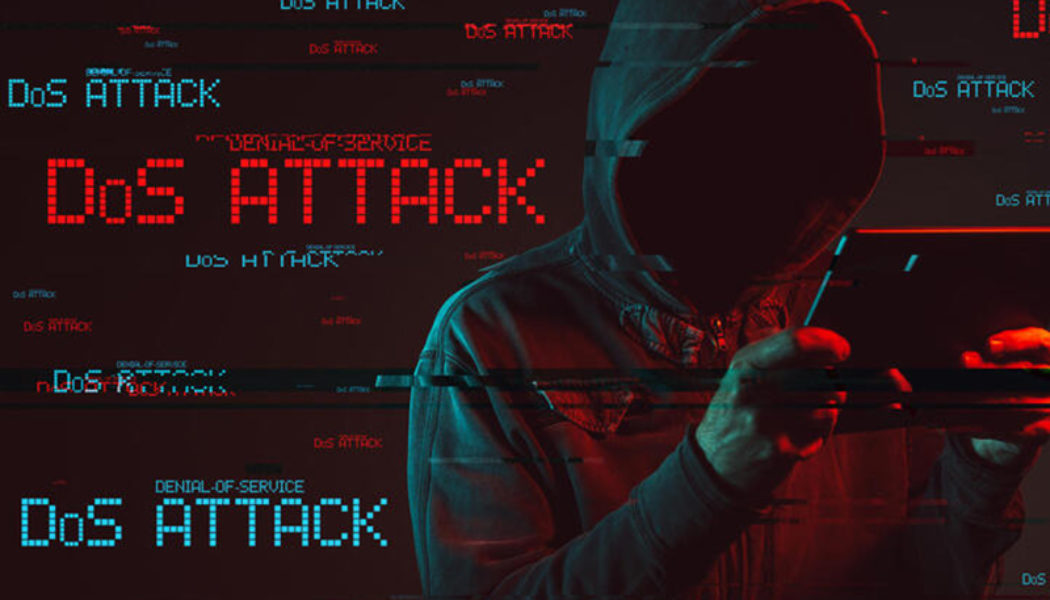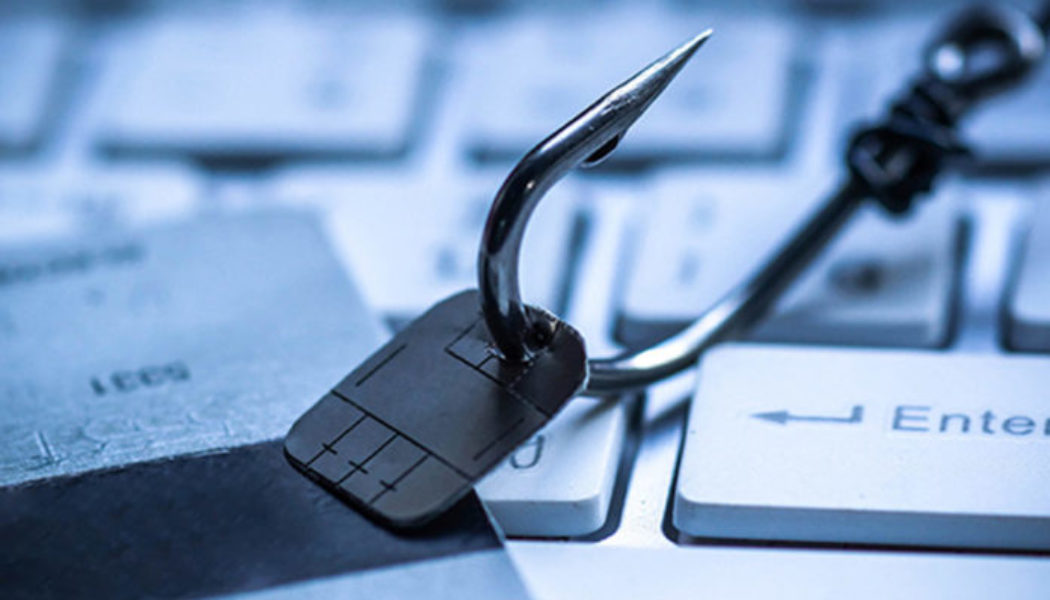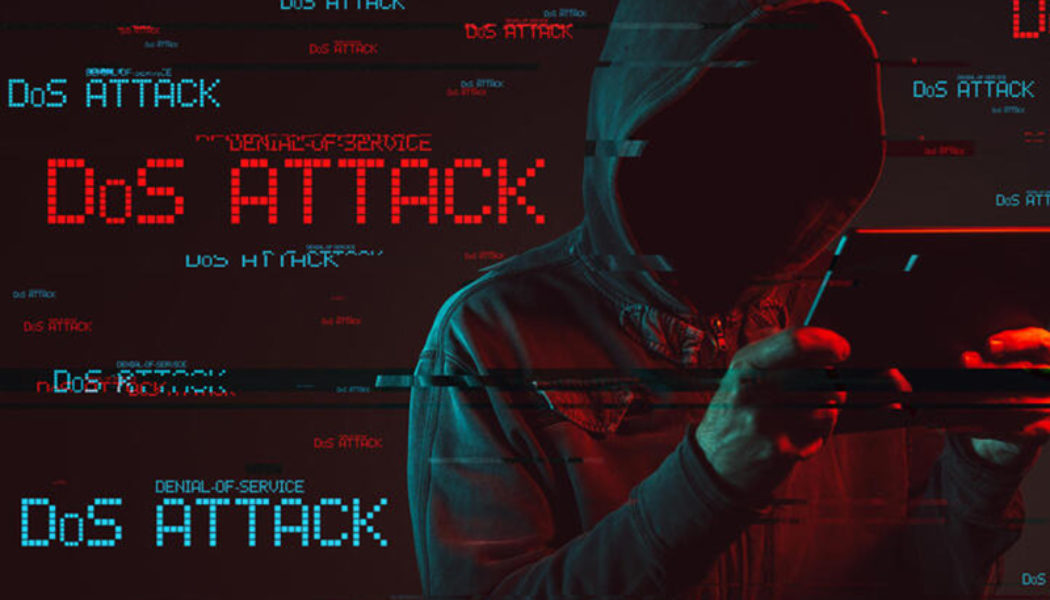Cybersecurity news
Forbes Cloud 100 Leader Rubrik Protects Your Data from Ransomware Attacks with Zero Trust Approach
Sourced from Kaspersky With data being increasingly valuable to a company’s organisations, ransomware attacks are surging around the world, including in South Africa. It is becoming incredibly lucrative for attackers to target businesses for their data, and at the same time, the ransomware being used is becoming more sophisticated. This means that more enterprises will feel the need to pay the ransom in the case of a breach. So says Risna Steenkamp, General Manager: ESM Division at Networks Unlimited, which distributes Rubrik solutions throughout Africa. “It is unfortunate,” she explains, “that in the event of a breach, paying the ransom is no guarantee that the threat actors will actually honour the agreement and release the data. This potentially leaves a breached organisation in the une...
The Most Vulnerable IoT Devices: Think Before You Buy This Black Friday
With the shopping season approaching, it’s likely that internet-connected gadgets and toys will be a popular item on many users’ wish lists, as more than 88% of people use IoT (Internet of Things) devices in their households. However, cybersecurity experts warn: Internet of Things devices can quickly go from fun to creepy, depending on how hackable they are. “Enormous Black Friday discounts can rush customers into buying some very questionable gadgets. However, Internet of Things devices is widely known among experts for low-security measures they usually have installed. There is a joke going around: ‘The S in IoT stands for security’. So, it’s best to think before bringing any new IoT device to your household, as it can easily compromise the whole network,” says digital security expert at...
Fight Back Against the Rise of Ransomware in SA with EDR Solutions
When cyberattacks are on the rise, as they certainly have been in South Africa this year, an organisation cannot afford to have its cybersecurity operating in a reactive manner. And yet, far too many businesses operate in this manner, making them prime targets for a breach. This is according to Milad Aslaner, Senior Director, Cyber Defense Strategy at SentinelOne, which helps organisations to prevent, detect, respond to and remediate end-point threats using artificial intelligence (AI) and machine learning. Its endpoint security products are distributed throughout Africa by Networks Unlimited. Aslaner explains: “Endpoints including laptop computers, tablets, and phones provide entry points to a wider network penetration that could harm the organisation, and which is one of the goals of ran...
Is South Africa a Playground for Cybercriminals?
The Attacks From All Angles 2021 Mid-year Cybersecurity Report by Trend Micro highlighted a 47% year-on-year increase in email threats as well as malicious files and URLs in the first quarter of 2021 globally. South Africa’s technology landscape is almost identical to that of other countries, which has seen black hat hackers using it as a testing ground for cybersecurity attacks before these are launched on their intended end-users. Ransomware Remains the Prime Threat Globally, ransomware remained the standout threat in the first half of the year. The pandemic has highlighted how easy it is to buy ransomware as a service (Raas) on the dark web. Africa accounted for 1.7% of these attacks, with 1.05% being targeted at South Africa. Our findings show that locally, South Africa was in the top ...
Most SAns Would Stop Trusting Brands Involved in Phishing Attacks – Survey
Image sourced from Kaspersky. According to the global Brand Trust survey by cybersecurity company Mimecast, almost three-quarters (74%) of South African consumers would stop buying from a brand if they fell victim to a phishing attack involving that brand, with 93% of South African consumers expecting their favourite brands to ensure their services, such as websites, emails and other communication, are safe to use. Heino Gevers, cybersecurity expert at Mimecast, says brands need to do more to protect their customers from cybercriminals. “South Africans are incredibly trusting with 69% of consumers not hesitating to open an email from brands they use regularly, and 56% readily clicking on links from their favourite brands. However, with cyber threats- including impersonation attacks and phi...
FirstNet Technology Services Broadens its Security Offering with EDR Solution from Fortinet
Image by Darwin Laganzon, Pixabay. FirstNet Technology Services, a First Technology Group company, has broadened its security portfolio offering to include endpoint detection and response (EDR). As a long-time Fortinet partner, FortiEDR was the natural choice. This is according to Dave Campbell, Product Manager: Cloud Services at FirstNet, who explains, “FirstNet holds an Advanced Level partner status with Fortinet. Our cloud and security services are underpinned by a range of Fortinet products, with the use of solutions including FortiGate, FortiAnalyzer, FortiManager, FortiEDR, and FortiToken, which makes the FirstNet and Fortinet partnership a compelling offer for our customers.” “This experience has made us one of the top Fortinet partners in South Africa with a wealth of technical and...
SEACOM Taps NETSCOUT for DDoS Services in SA & Kenya
Image sourced from Shutterstock. NETSCOUT SYSTEMS, a leading provider of security, service assurance, and business analytics has announced a new strategic partnership today with one of Africa’s leading broadband internet providers, SEACOM. This new strategic alliance aims to provide managed DDoS and security services to enterprise customers throughout Kenya and South Africa, as well as to Wholesale customers utilising SEACOM’s subsea and terrestrial networks, according to a statement from NETSCOUT. DDoS Attacks on the Rise With global DDoS attacks hitting more than 5.4 million in the first half of 2021, an 11% increase over the same period in 2020, the need to protect IT infrastructure has never been more acute. Research from Korn Ferry also points to a worldwide shortage of more than 4.3 ...
1 in 4 People Use Fitness Devices – Is Your Tracking Data Secure from Hackers?
Image sourced from Reuters. A recent study by the virtual private network provider NordVPN revealed that 1 in 4 (24.6%) people use some kind of fitness or well-being device, such as a smartwatch, fitness tracker, etc. However, these devices may be tracking a lot more than your fitness activities, and 25% do nothing to protect them, which may pose a serious risk to people’s privacy. Among the data collected by fitness wearables and the mobile apps connected to them, there are basic activities such as steps, heart rate, the time you go to sleep or wake up, as well as your consumed calories, weight, or even running routes, which are all of great interest to stalkers or attackers. For example, Clario research has revealed that Strava collects 41.18% of users’ personal data, and MyFitnessPal — ...


